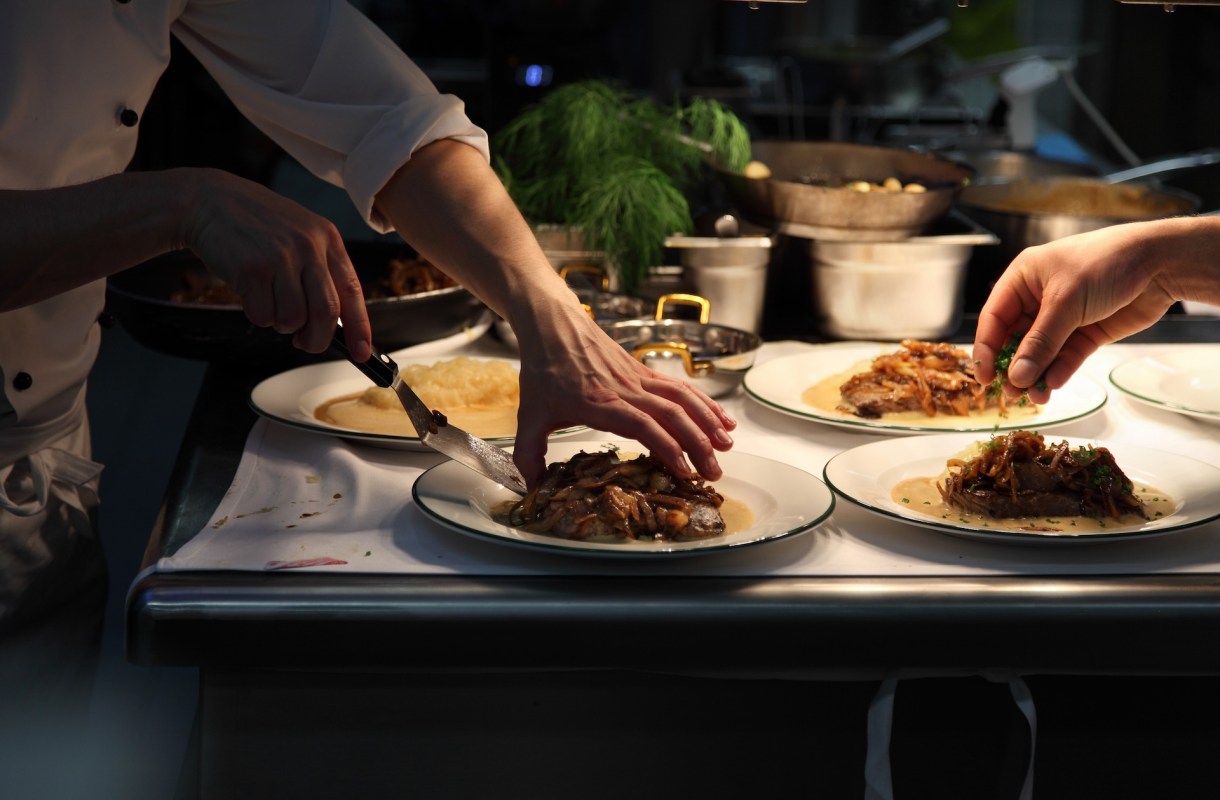Invasive species are a nuisance to any gardener and can wreak havoc on the environment, but some have found a surprisingly effective way to combat them.
As explained by the BBC, a zero-waste restaurant in east London named Silo has grown in popularity for its use of Japanese knotweed, which was described as "the UK's most damaging plant." Head chef Doug McMaster has been cooking with it for quite some time, and it reportedly is a "firm favorite" among Silo attendees.
"It's an amazing ingredient," McMaster said. "It's incredibly versatile; it can be grilled, it can be cooked, it can be turned into beer, fermented and pickled. When you cook it, it tastes like rhubarb. When it's raw, it's more like asparagus, with a slightly sour flavor."
Japanese knotweed was introduced in the UK in the mid-19th century as a prized ornamental plant, per BBC. However, it's now widely considered "one of the world's most intractable invasive species" and "the scourge of homeowners" because of its ability to smother gardens and parks with its creeping roots.
McMaster believes cooking and consuming invasives is a viable solution that can help raise awareness of the harm these species do to the environment. The practice is known as "invasivorism," which was developed by conservation biologist Joe Roman two decades ago.
"I have spent my career as a conservation biologist trying to convince people not to overharvest things," said Roman, who is an associate professor at the Rubenstein School of Environment and Natural Resources at the University of Vermont. "It suddenly occurred to me that we could flip the script and find a way to consume animals and plants where it is actually beneficial for the environment."
McMaster said the method grew in popularity 10 years ago as restaurants and chefs committed more to local ingredients and sustainability.
"Invasive species are a negative force on the environment," McMaster said. "Sustainability is about balance. Invasive species are pushing that balance out of whack."
By eating invasives, McMaster believes we can help restore balance to ecosystems harmed by the effects of Earth's rising temperature. Another example is a Florida TikToker named Gray Davis (@gray.davis) who gained a significant following by showcasing his culinary adventures with invasive fish.
You can help combat the issue by rewilding your yard with native plants, which support local wildlife and are less likely to be overtaken by invasive species.
Join our free newsletter for easy tips to save more, waste less, and help yourself while helping the planet.








